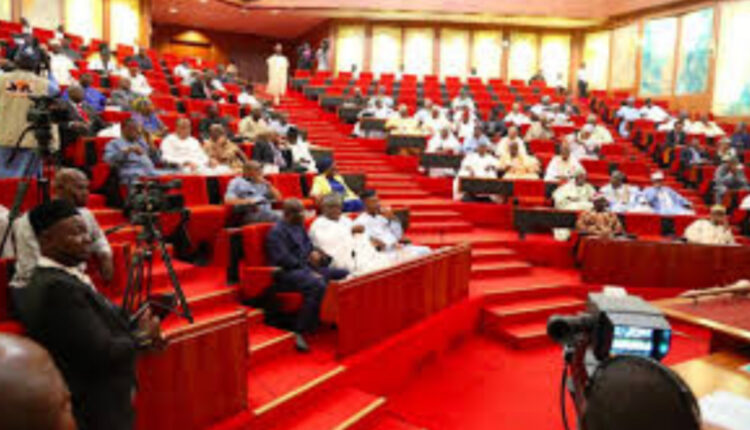Senate Shelves Motion After Outcry Over Southeast Exclusion from N380bn River Basin Projects
The Nigerian Senate on Thursday put the brakes on a heated motion that sought to challenge the glaring exclusion of the Anambra-Imo River Basin Development Authority—the only one serving the South-East—from the N380 billion allocated in the 2025 budget for agricultural and irrigation projects.
Senator Kenneth Eze (APC–Ebonyi), who sponsored the motion, described the omission as a calculated slight and a dangerous signal to a region already grappling with feelings of marginalisation.
“The Southeast has just one river basin authority. How then is it the only one missing from a national intervention fund meant to drive food security and create jobs?” he queried on the floor. “This isn’t just a budget error. This is a structural injustice.”

Eze pointed to Section 14 of the 1999 Constitution (as amended), which mandates the equitable distribution of resources, warning that the exclusion could deepen distrust in federal governance and worsen regional discontent.
According to the senator, the South-East’s fertile landscape—known for high yields of cassava, yam, rice, and oil palm—has consistently powered national food production. “Yet when it’s time to invest, we are left behind,” he lamented.
The Senate, however, decided to halt the motion after Senate Leader Opeyemi Bamidele (APC–Ekiti) urged caution. He appealed for patience while the Senate leadership meets with the Minister of Water Resources to seek clarification and potential redress.
“There are concerns across all regions. Let us take a unified, strategic approach and resolve this at the leadership level,” Bamidele said, supported by Minority Leader Abba Moro (PDP–Benue).
The motion was stood down, but not without contributions from senators across geopolitical zones, including Osita Ngwu (PDP–Enugu), Adamu Aliero (APC–Kebbi), and Danjuma Goje (APC–Gombe), who acknowledged the Southeast’s concerns.
For now, the spotlight remains on the Ministry of Water Resources—and whether action will follow Senate diplomacy. But for many in the South-East, the message is already loud and clear: development must be inclusive, or it risks being divisive.

